Here's What Really Happened
No tweeting. No press. No industry. Filmmakers-only conversations revealing personal insights into the art and business of documentary filmmaking.
“Here’s What Really Happened” are signature sessions from IDA's biennial Getting Real Conference that began as a filmmaker-led solution to combat the lack of transparency that continues to plague the community. These intimate conversations allow filmmakers to speak openly about what actually happened in the production, sales and distribution life of a film. The rules are, everything said in the room, stays in the room. Our goal is to create a safe space for discussion that allows filmmakers to have frank, meaningful discussions without the influence of industry in the room. We believe that one of the greatest resources for a filmmaker is another filmmaker.
In building a more knowledgeable and transparent community together, IDA tours “Here’s What Really Happened” sessions to various festivals and conferences around the world. These private conversations have focused on security/surveillance, sales agents, festival strategies, fact-finding, ethics, work/family life balance, truth-seeking in production, and other themes.
Learn what really happened behind-the-scenes in an upcoming session. It’s personal, it’s intimate, let’s get into it.

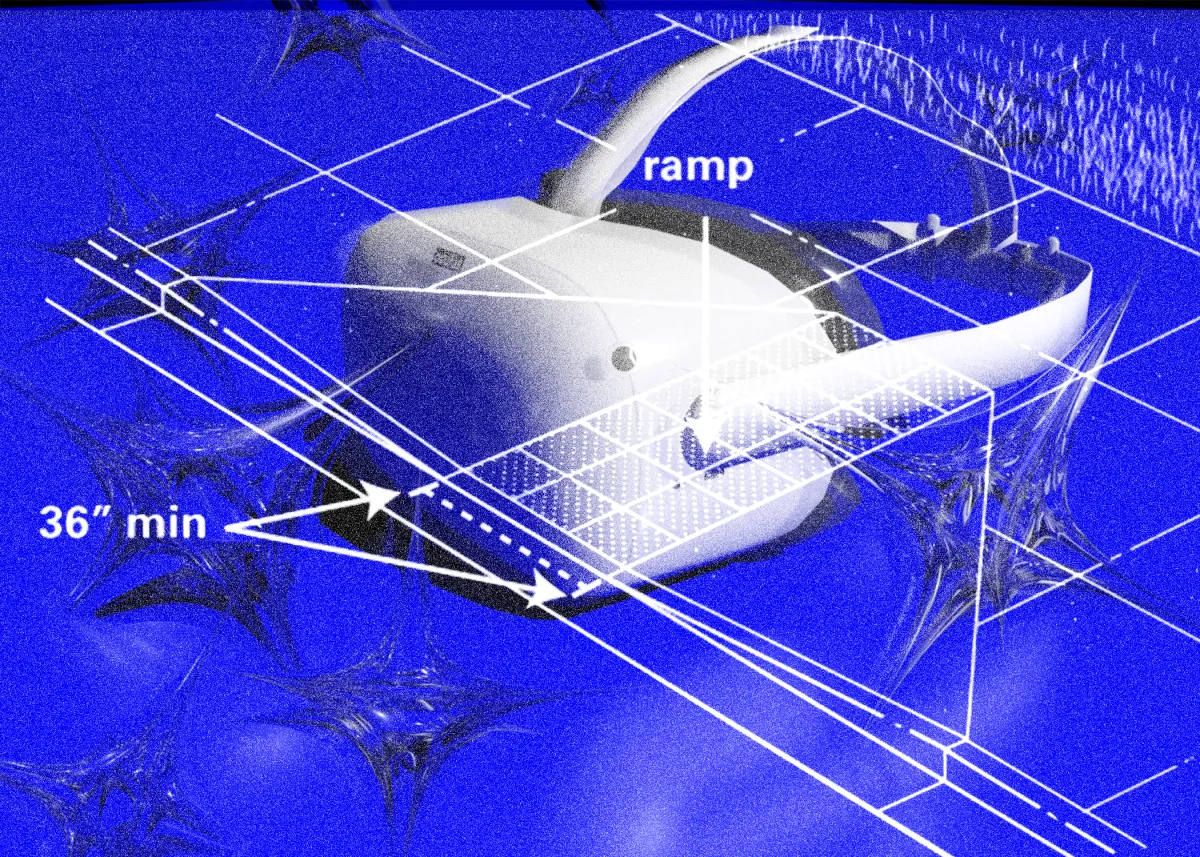
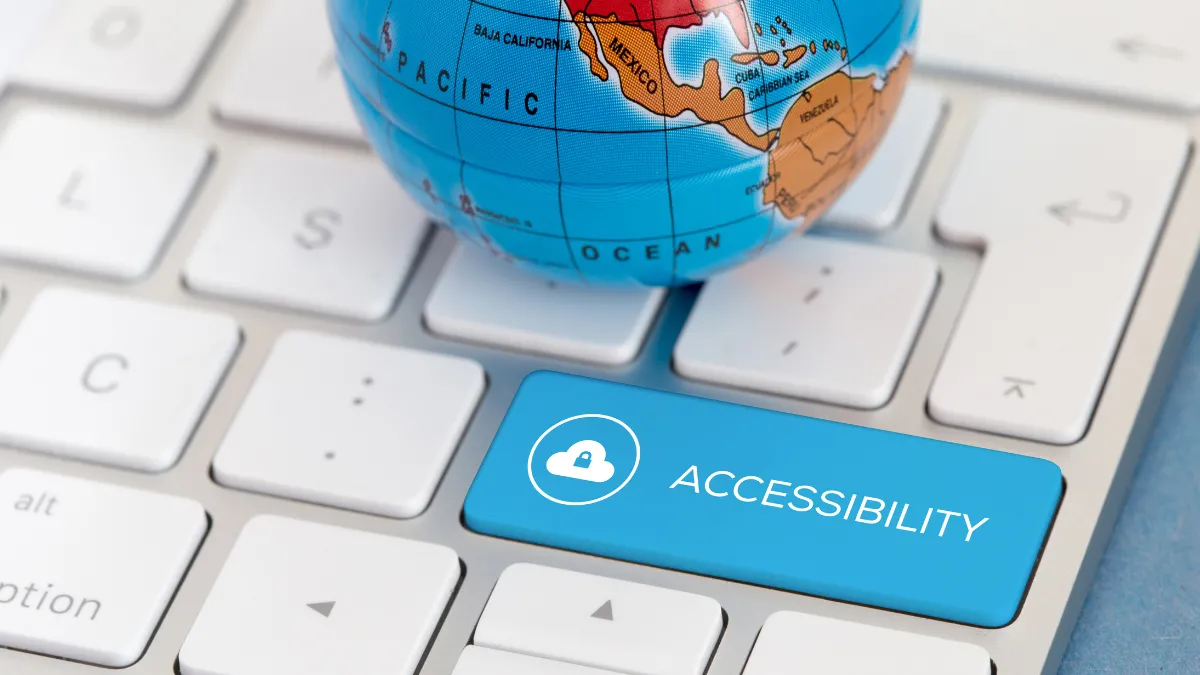
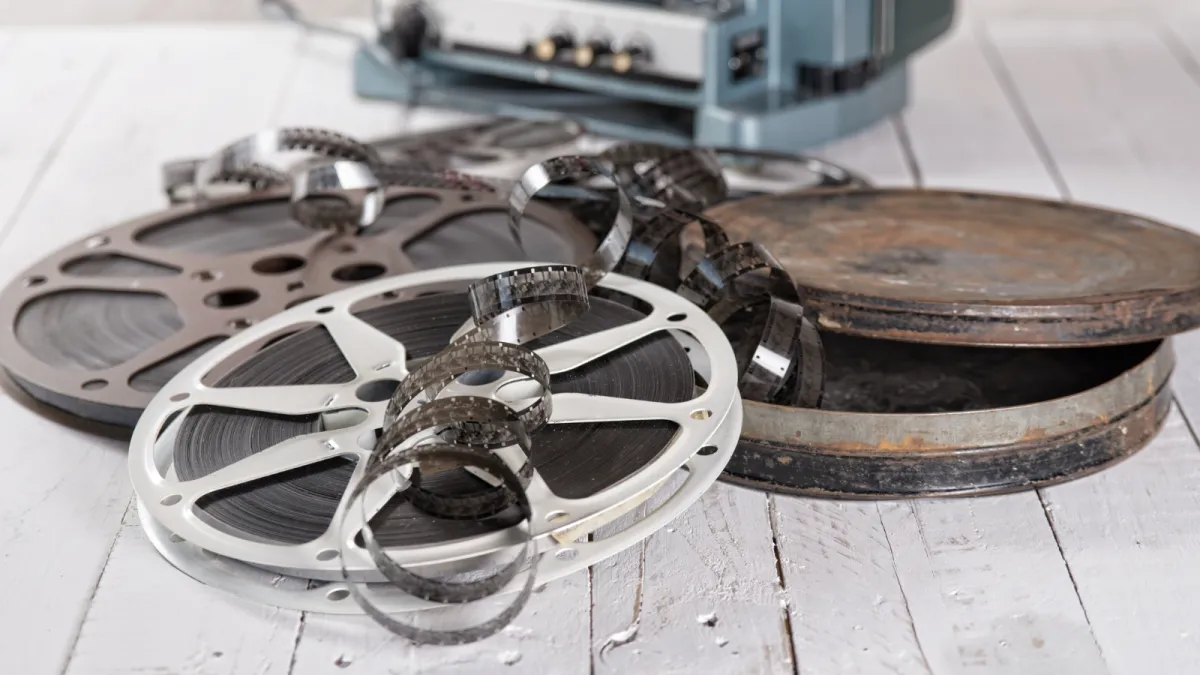
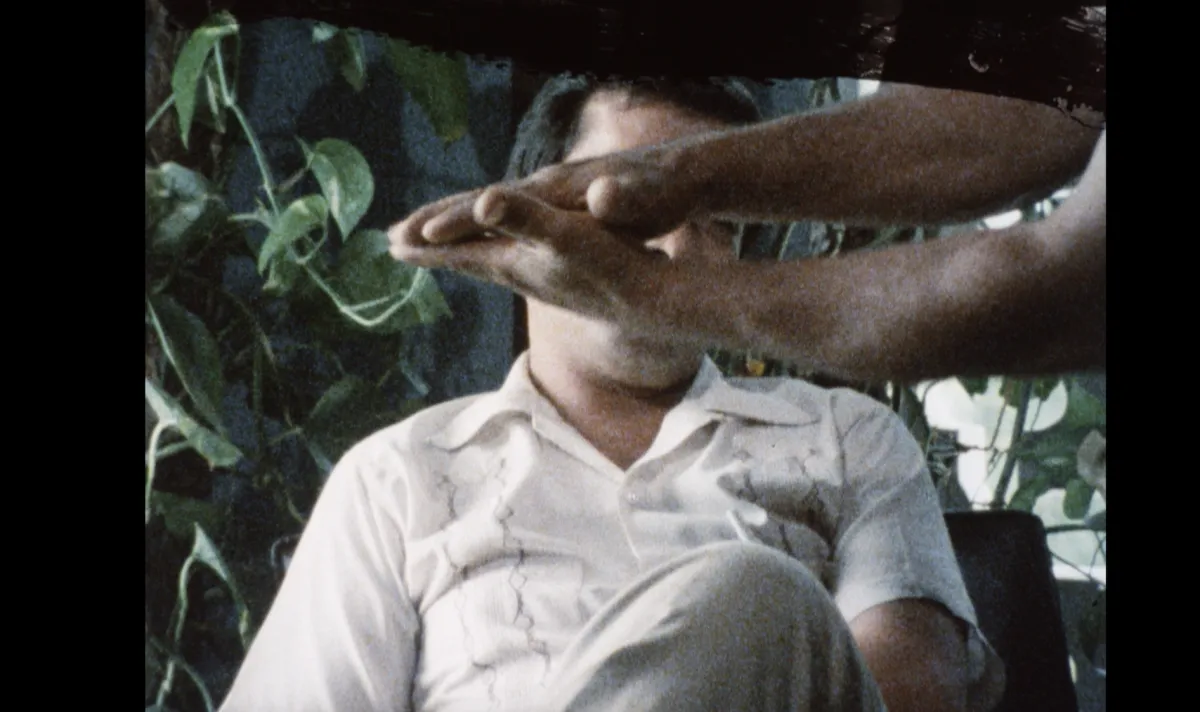

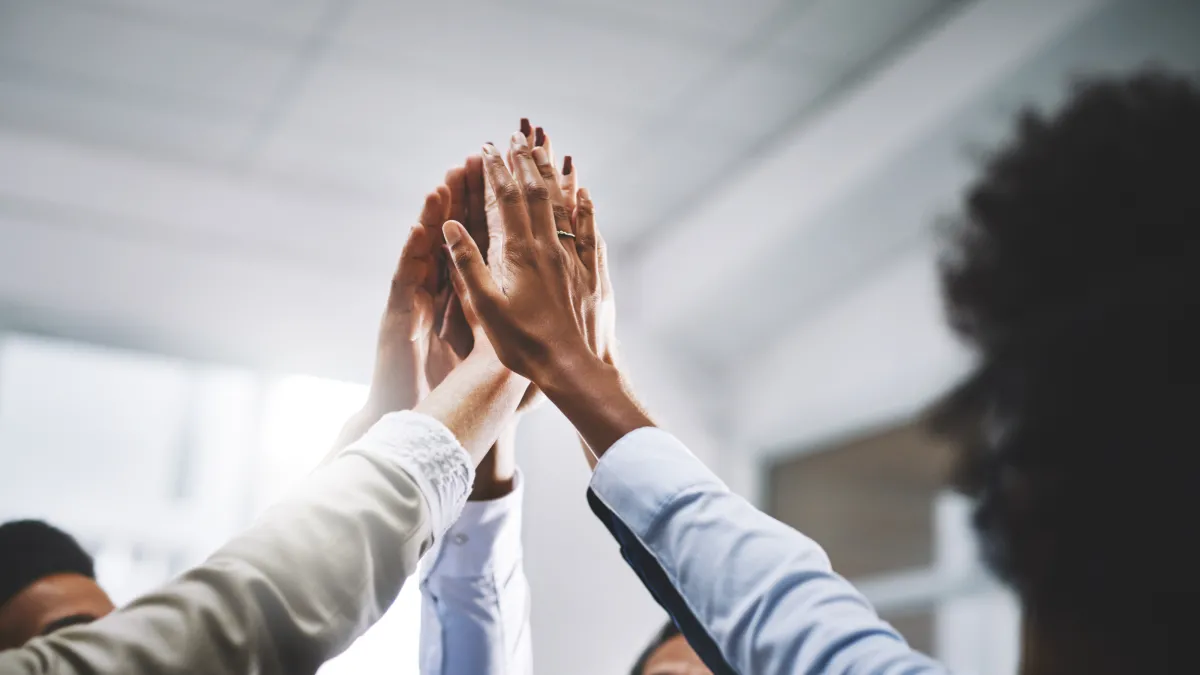
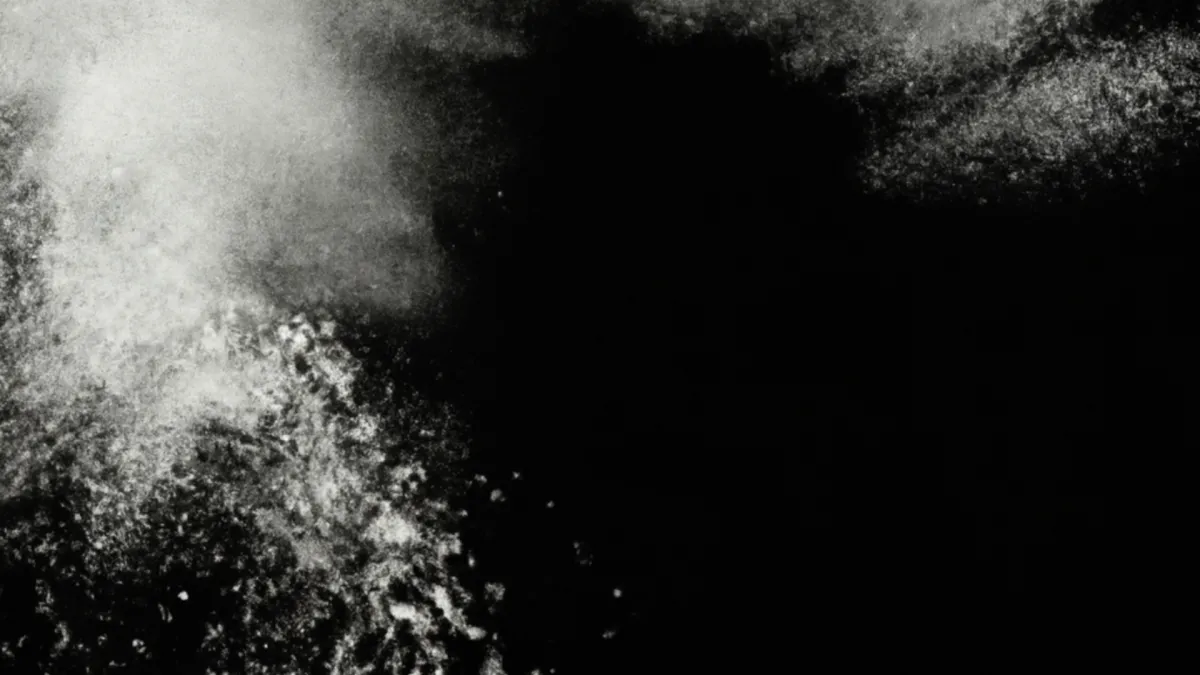
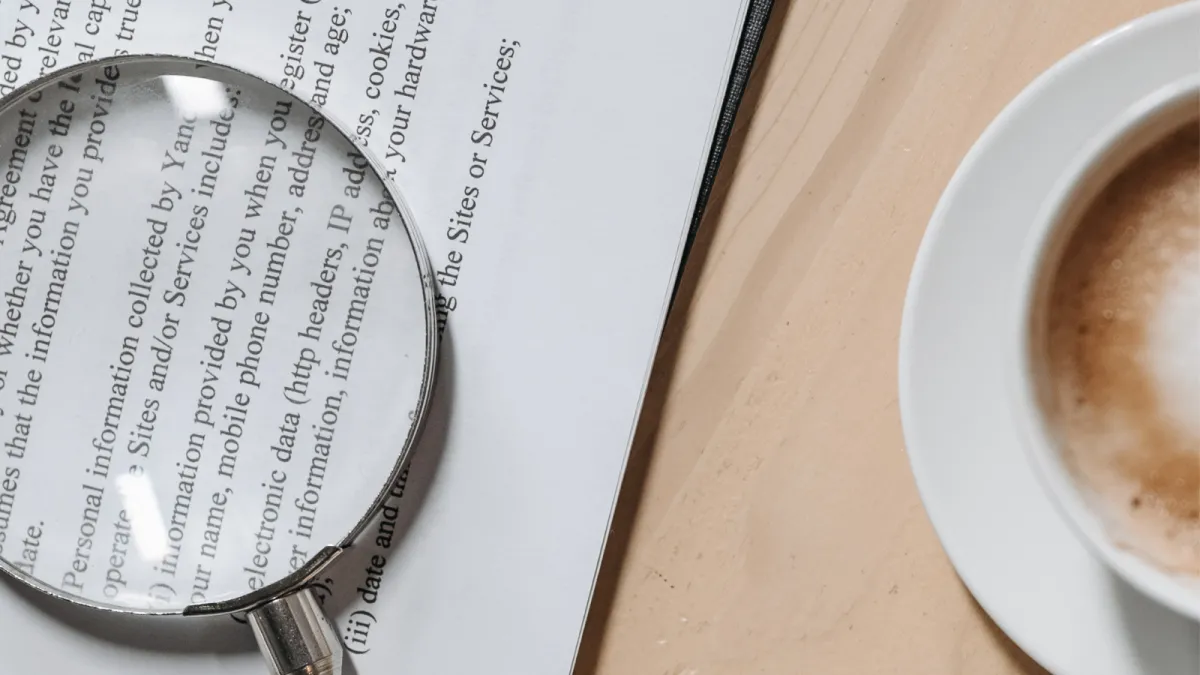
Pagination
- Previous page
- Page 4
- Next page